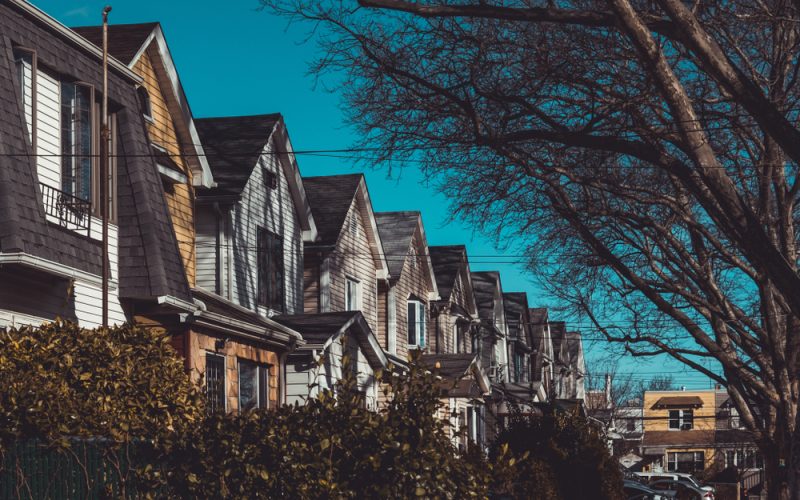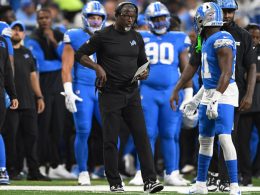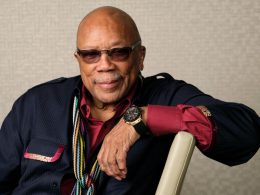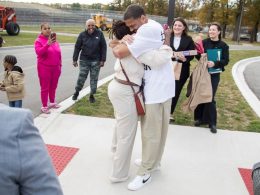Queens Community Board 13 and the overwhelming majority of Community Boards across the five boroughs represent the true majority view of New Yorkers who give a very firm thumbs-down to the misnamed “City of Yes for Housing Opportunity” promoted by Mayor Adams and the City Planning Commission he controls.
The City of Yes zoning changes would permit greater scales of development — increased density — on blocks and in neighborhoods with no community input, and without any guarantee of affordability, especially for working families and the middle class.
It remains a giveaway to those who seek to develop luxury housing, thus remaking neighborhoods throughout the city as unaffordable for their current residents. It does all that while eviscerating the City Charter’s community review provisions that our City Council members currently and smartly use to ensure smart growth and affordability where changes to zoning occur.
Instead of the increased densities City of Yes would allow — “as-of right” — throughout the city, we call for thoughtful collaborations and robust commitments from the city and the state when it comes to the creation of new housing.
Why? As we testified to City Planning, the “as-of-right” features of each of the provisions of City of Yes for Housing Opportunity removes from City Charter-mandated community review — ULURP (Uniform Land Use Review Procedure), development greater than currently permitted in just about every neighborhood.
The “as-of-right” features of each of the provisions of City of Yes for Housing Opportunity would weaken the existing City Charter-mandated “community review” provisions. This explains Queens Community Board 13’s unconditional June 24, 2024 rejection of the provisions of City of Yes for Housing in its entirety.
Community review remains important and paramount; it offers an opportunity for the community, Community Boards, borough presidents, borough boards, the Department of City Planning and — especially and critically at this juncture, as City of Yes goes before them — our elected members of the City Council.
Each of the provisions of City of Yes for Housing Opportunity would remove traditional New York City Charter-mandated community (board), borough president and City Council reviews of uses not permitted under existing zoning and land use provisions.
The greater density allowed “as-of-right” — meaning without City Charter-mandated “community review” — under City of Yes in each city neighborhood means increased population occurs before the necessary infrastructure gets built.
This risks overcrowded classrooms, the threat of sewer backups, especially in communities with combined sanitary and storm sewers, increased traffic, insufficient parking, and inadequate public transit options. New denser development allowed under City of Yes also offers no guarantees of housing affordability.
“Community review” protects neighborhoods from the above and other adverse and unplanned and unanticipated impacts before any new development can occur.
We object to City of Yes imposing as-of-right zoning to insert more housing whether or not local neighborhoods have the infrastructure in place first to support it. Organic community-led development that ensures any necessary infrastructure upgrades and, perhaps more important as a matter of public policy, housing affordability, is what New York City must strive for.
Retaining City Charter-mandated community review for this type of growth empowers communities, Community Boards and our elected borough presidents, and especially the City Council, to maintain and/or inject community affordability as part of any new zoning or project. As a result, all City of Yes guarantees are opportunities for private developers to rake in cash without any oversight on how the project serves the public good.
Just outside the city you will find successful collaborations to develop needed housing. This includes collaborations in Long Island of community-government-private (and nonprofit) development that introduced new housing, including affordable and senior housing and transit oriented development. Vision Long Island recognizes many of the best of these projects at its annual Smart Growth Summit each December and Smart Growth Awards each June.
The City Council now has the opportunity to re-jigger City of Yes into a menu of tools to be tapped to create smart growth where it makes sense rather than measures that impose unwanted, sometimes unnecessary and inappropriate infusions of density on blocks with no guarantee of housing affordability, in our neighborhoods and throughout our city, to make this happen.
Bearak chairs Queens Community Board 13 Land Use Subcommittee on City of Yes. Mallia chairs the Queens Community Board 13 Land Use Committee. Block chairs Queens Community Board 13.








